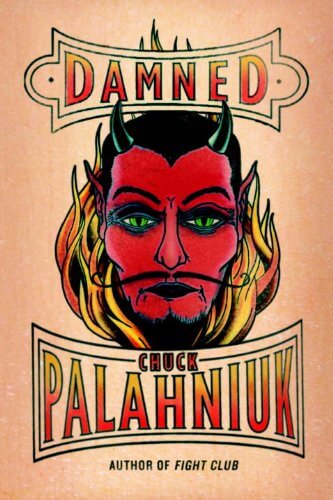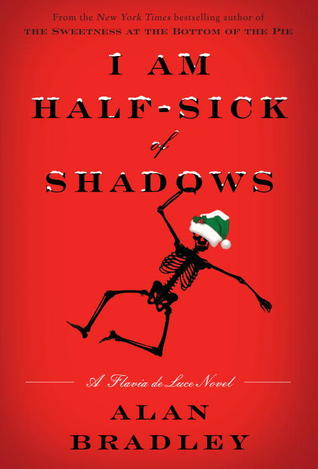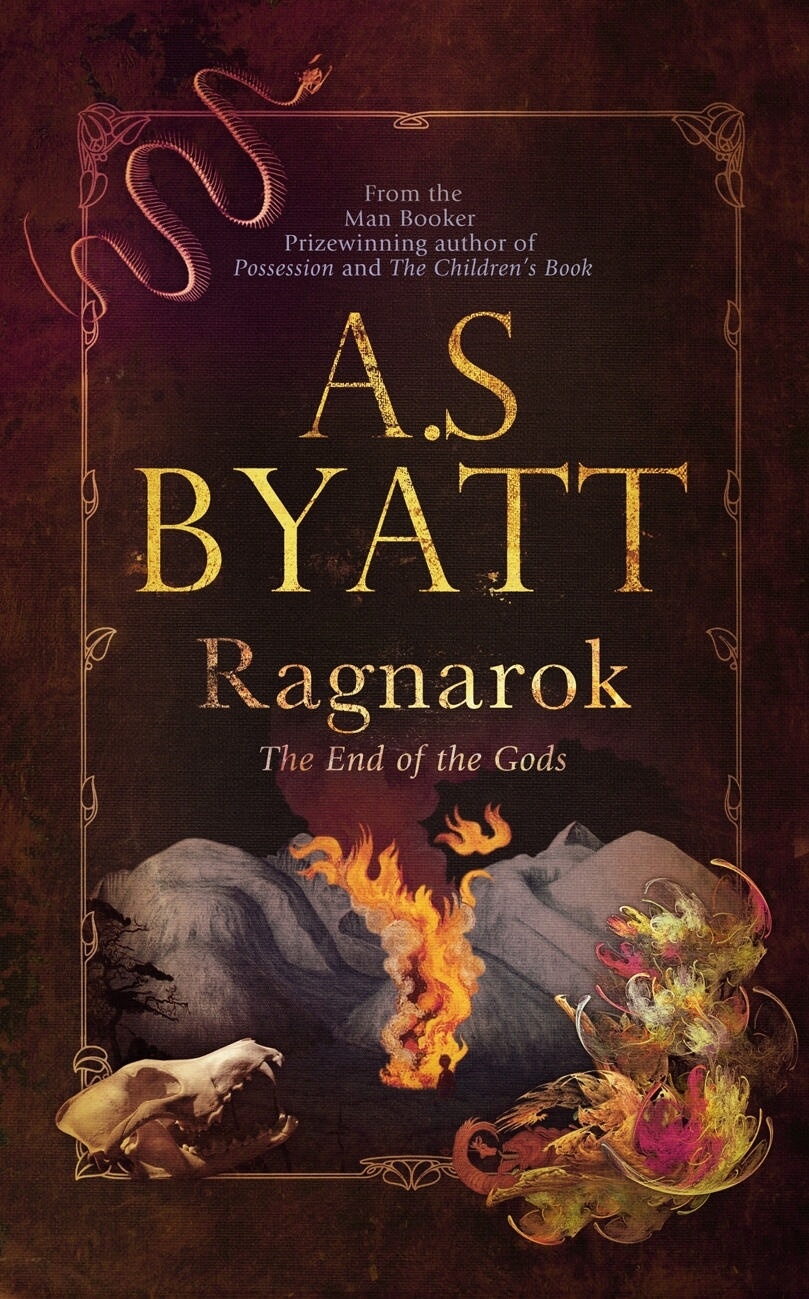If you’re a Chuck fan, you’ve probably already read Damned. If you haven’t read any Palahniuk before, I can’t recommend this one. While Hell itself is a great landscape and an interesting concept here, the story is dated and unfocused.

“My parents meant well, but the road to Hell is paved with publicity stunts.”
– Damned, Chuck Palahniuk
Damned is an entertaining mess of a book. Told in the first person voice of thirteen-year-old Madison Spencer, daughter of a superstar actress and a Hollywood mogul, Chuck Palahniuk’s contemporary twist on Dante’s Inferno had me snickering in some places, rolling my eyes in irritation at others. I’m not a fan of Palahniuk’s—not that I don’t like him, but that I haven’t read anything other than Fight Club and Damned, so I’m not bringing the kind of author love to the table that a lot of readers are bringing (unlike, say, if I were reviewing a Neil Gaiman book).
Each chapter is introduced with a “Are you there, Satan? It’s me, Madison” as Maddy Spencer chronicles her new existence in Hell, looks back at her brief tenure on earth, and mocks we readers for thinking that we will live forever, that our bran muffins and exercise regimens will save us from her fate. It’s a strong start and it challenges the reader to remember our own mortality rather uncomfortably. Palahniuk also nails the voice of his overly intelligent thirteen-year-old protagonist. She’s self-conscious of her body weight and her intelligence—though also sort of proud of how smart she is. She often uses big words and then defends herself for it: “Yes, I know the word convey,”… “Yes, I know the word absentia.” Her repeated use of slurs like “Miss Whorey Vanderwhore” and “Miss Slutty McSlutski” gets irritating fast but keeps her voice true. Maddy has deep self-esteem issues, and she’s a difficult-to-like protagonist, which is often interesting. Her parents’ total obliviousness about her social life (or lack thereof), her profound crush on her newly adopted brother Goran, and even their cluelessness in sending a child to “eco-camp” on a newly refurbished private jet adds to the story immensely. Their tragic sadness over her death juxtaposes well with the way her mother, when Maddy was alive, insisted her daughter was 8, not 13, so she herself wouldn’t look old.
Hell itself is a great landscape and an interesting concept here. Continue reading “Hell is what you make of it: A review of Damned by Chuck Palahniuk” →








%20Bryan%20McBurney%20(web).thumbnail.jpg)
.thumbnail.jpg)
%20Thomas%20King%20(web).thumbnail.jpg)
.thumbnail_0.jpg)

%20Alex%20Ferguson%20(web).thumbnail.jpg)